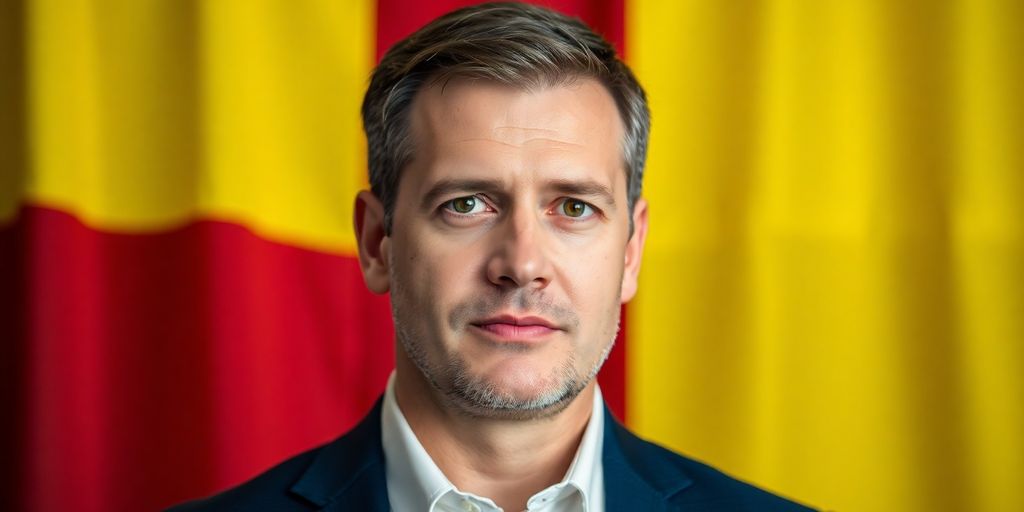In a significant turn of events, George Simion, the leader of the far-right Alliance for Uniting Romanians (AUR), is leading opinion polls ahead of Romania’s repeat presidential election scheduled for May 4 and 18, 2025. This election follows the annulment of the previous vote due to allegations of Russian interference.
Key Takeaways
- George Simion is currently leading in polls with approximately 35% support.
- The election was called after the previous vote was voided due to alleged Russian meddling.
- Simion’s party has evolved from a fringe group to a major political force, appealing to disillusioned voters.
- His campaign emphasizes Euroscepticism and a strong alignment with U.S. conservative politics.
Background of the Election
Romania’s political landscape is undergoing a dramatic shift as the country prepares for a repeat presidential election. The initial election, held in December 2024, was invalidated by the Constitutional Court amid accusations of Russian meddling, which Russia has denied. This has set the stage for a highly contentious political battle.
Simion, 38, has emerged as a prominent figure in this election cycle, capitalizing on widespread dissatisfaction with mainstream political parties. His party, AUR, has transitioned from an anti-vaccination movement during the COVID-19 pandemic to the leading opposition force, particularly among working-class and younger voters.
Polling Insights
Recent polling data indicates that Simion is poised to secure a significant lead in the upcoming election:
- George Simion (AUR): 35% support
- Victor Ponta (Independent): 21.1% support
- Nicusor Dan (Independent): 20.8% support
- Ruling Social Democrats: 21.2% support
These figures reflect a growing trend of support for Simion’s Eurosceptic and nationalist agenda, which resonates with voters frustrated by the status quo.
Campaign Themes and Controversies
Simion’s campaign is characterized by a strong nationalist rhetoric, advocating for a "Romania first" policy. He has expressed controversial views, including:
- Opposition to military aid for Ukraine, arguing it detracts from domestic welfare.
- Support for restoring Romania’s pre-World War II borders, which has led to diplomatic tensions with neighboring countries.
- A call for a return to conservative values and a rejection of what he terms "woke madness."
However, his campaign has not been without scrutiny. Reports have surfaced regarding a $1.5 million lobbying deal with a U.S. firm, raising questions about the financial transparency of his party.
Implications of Simion’s Potential Victory
If elected, Simion’s presidency could significantly alter Romania’s foreign policy and its relationship with the European Union and NATO. Analysts warn that his Eurosceptic stance and alignment with U.S. conservative movements could isolate Romania internationally, potentially destabilizing the region.
Simion’s rise reflects a broader trend in Eastern Europe, where far-right parties are gaining traction amid economic and political discontent. His election could signal a shift towards more nationalist and isolationist policies in Romania, with potential repercussions for the stability of the region.
As the election date approaches, all eyes will be on Romania to see if Simion can translate his polling lead into a victory, reshaping the country’s political landscape for years to come.






